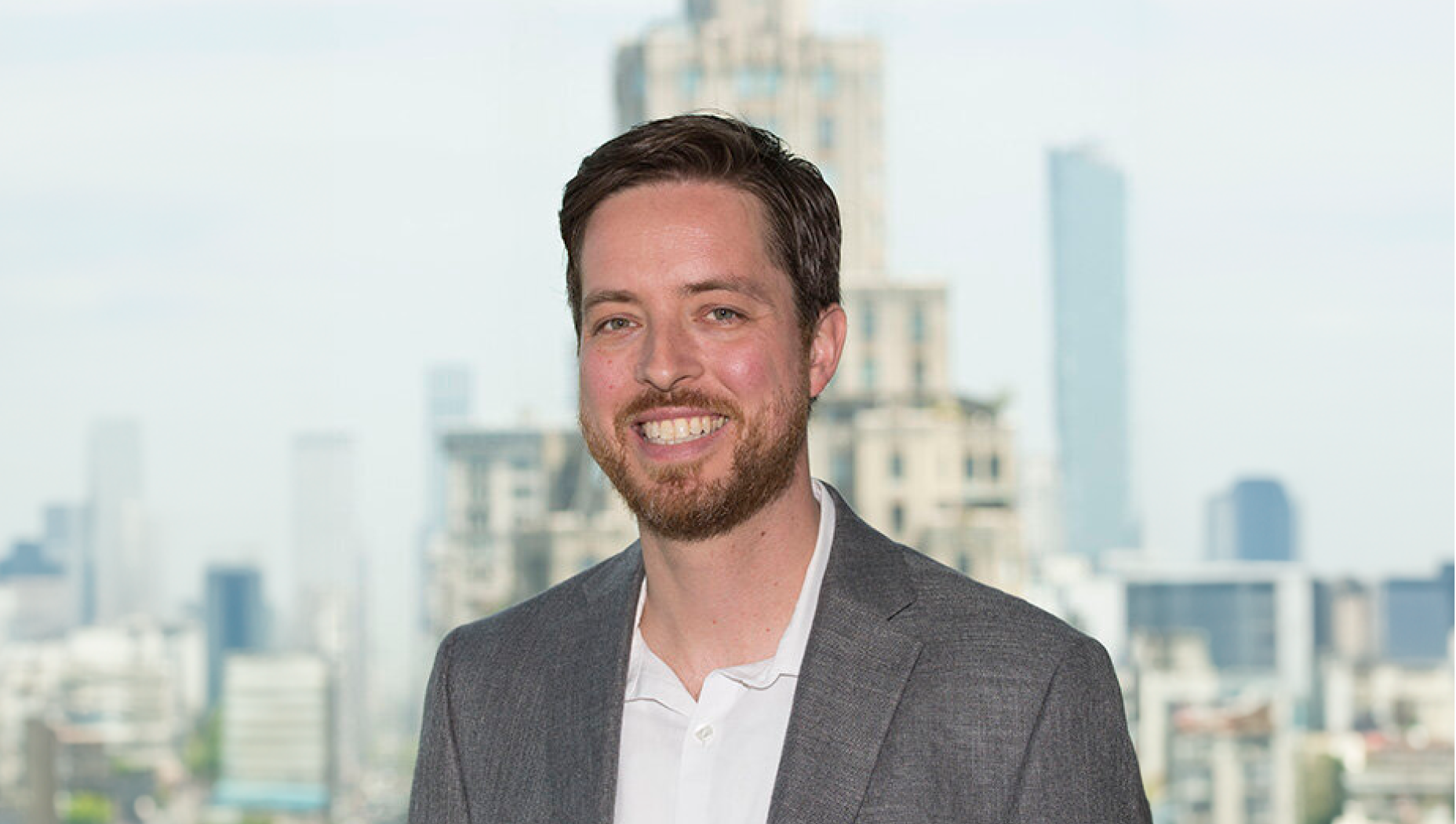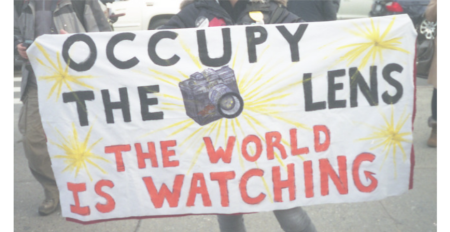
By Amanda Malone
Michael Koncewicz '14 (Ph.D. History) is the Associate Director of New York University’s Institute for Public Knowledge. “It’s an exciting place to be,” says Koncewicz, who joined the institute after several years at the Richard Nixon Library and NYU’s Tamiment Library. “The core of the institute is sociology, but it’s an interdisciplinary center that brings together journalists, historians, psychologists, sociologists — anyone who's interested in doing civic-minded research, and making and bringing their research outside of the academy to have a broader impact.”
Koncewicz helps run the day-to-day operations of the institute, and his responsibilities range from administrative tasks to public programming to grant writing; he also teaches a class on the American Presidency at NYU.
As a public historian, Koncewicz’s career is deeply informed by his experiences as a graduate student at UC Irvine. His first book, They Said No to Nixon: Republicans Who Stood Up to the President’s Abuses of Power (UC Press, 2018), is based on his dissertation project. However, his road to public historian was hardly a straight line, but shaped by a series of meaningful occurrences.
Career beginnings: making (non-partisan) history at the Nixon Library
Koncewicz began his Ph.D. in 2008, just as the economy collapsed. “Once that happened, the idea that you may have to look for work elsewhere, outside the academy, started becoming more of a real thing, at least for many people in my cohort,” he explains.
The following year, he saw an opportunity for just that type of work. Koncewicz visited the Nixon Library with his Cold War seminar, led by his advisor, John Weiner. The library’s director, Tim Naftali, described the importance of replacing the Watergate exhibit in transitioning the formerly private library into a federally-funded nonpartisan history center. Through an email inquiry, Koncewicz secured an internship with the library’s education specialist, working on oral history transcripts and giving school tours.
Soon after, Naftali was looking for someone with an academic background to help him with the Watergate exhibit, and offered Koncewicz the role of his assistant.
Koncewicz wouldn’t have been able to take the position without support from key historians at UCI. “Without their support, I don't know if this logistically could have happened — and what I mean by that, is that they would convince the university to give me a tuition waiver. Aside from the logistical support, there was a lot of moral support coming from my advisor, from my dissertation committee and also just other professors.”
Scholarship: work on Watergate becomes one for the books
Koncewicz’s scholarship evolved alongside his work at the library. For the first three years of graduate school, he’d been working on a project related to the Vietnam era. After the Watergate exhibit opened and received national acclaim, both his boss and his advisor — acquainted through their research and reporting — discussed an interesting story embedded in the exhibit: the Republicans who stood up to Richard Nixon. They proposed the idea to Koncewicz as his new dissertation topic. “So without the Nixon Library, I would not have had what came to be my first book,” he says.
After graduation: making an impact outside of the academy
In reference to his work helping out with the Watergate exhibit, Koncewicz says, “Not every public historian gets to see their their work get covered by the New York Times, but it was very fulfilling, and it certainly shaped my interest in making sure that whatever I ended up doing later on would have a public impact… it convinced me that it was very important to me to make sure to translate academic work into something that was more accessible.”
As many as 100,000 library visitors each year, 12,000 of which are students, would view the Watergate exhibit in person. “That was really one of the best parts of the job — knowing that you are giving students a better understanding of the past 70 years of American history.”

After the Nixon Library, Naftali later brought Koncewicz on for a position with NYU’s Tamiment Library, one of the more renowned archives on labor and the left in America, where he stayed for nine years in various grant-funded positions. He also taught courses as an adjunct professor and led “instruction sessions” alongside his colleagues using archival materials, which brought in students from the NYC region and local labor unions. “And that was my favorite part,” Koncewicz says.
Lessons from history: courage, contingency, cold emails
In his scholarship, Koncewicz is cautious of drawing direct parallels between the past and present. His time looking through historic records has taught him that “history is filled with people who do courageous things, who rely on contingencies… I think that's the best part about teaching, particularly with archival sources, is just looking at how fragile and contingency-based history is.”
When asked about his advice for current and future graduate students, Koncewicz takes a lesson from his own experience: cold email as many people as possible. That said, he continues, “make sure that your professors, your dissertation committee, your advisor, are on board with what you're doing.” He was lucky, he emphasizes, to have people supporting him who were interested in the value of having one of their graduate students work at an important public history center.
Secondly, be aware of professional differences between positions at public history centers. The training we receive in the humanities, while translatable, is still significantly different from that of museum specialists, librarians or archivists. “Fair or not, those professional differences matter quite a bit,” he says, “And it could in some ways be an obstacle when you are trying to apply for jobs outside of the academy.”
Lastly, it’s important to recognize that not everyone within the academy will understand the importance of public-facing work. “It's frustrating. But it's there. It's born out of a different historical moment where you were not encouraged to interact with museums, or archives, or libraries, or do any sort of public-facing work.” Fortunately for Koncewicz, UCI proved a welcoming place for him and others to extend their impact beyond the academy.
Amanda Malone is a Ph.D. candidate in English at UC Irvine.
Interested in reading more from the School of Humanities? Sign up for our monthly newsletter.
